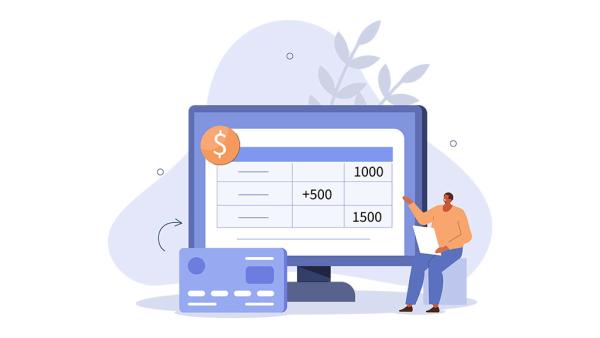In 2022, millions of Americans received special state-issued payments designed to provide economic relief to residents struggling with financial burdens exacerbated by issues ranging from the pandemic to natural disasters. One week after urging recipients to postpone filing their returns, the Internal Revenue Service has issued official guidance regarding the federal taxability of those payments.
Last Friday, the IRS clarified that one-time state payments that address general welfare or disaster relief would not be considered federally taxable. While some of these payments will automatically benefit from the agency declining to challenge their taxability, others must meet additional criteria to qualify.
Why did the IRS decide these payments were not federally taxable?
The IRS says a number of factors influenced their decision, including the start of filing season and the one-time nature of the payments. According to the agency, this decision ultimately serves “the interest of sound tax administration.”
Which special state payments are affected?
The following special state payments issued in 2022 will not be considered federally taxable, according to the State Payments page on IRS.gov:
- Alaska: Energy Relief Payment (supplementing the Permanent Fund Dividend)
- California: Middle Class Tax Refund
- Colorado: Colorado Cash Back
- Connecticut: Child Tax Rebate
- Delaware: Relief Rebate Program
- Florida: Pandemic Temporary Assistance to Needy Families
- Hawaii: Act 115 Refund
- Idaho: 2022 Tax Rebate
- Illinois: Individual Income Tax Rebate and Property Tax Rebate
- Indiana: Automatic Taxpayer Refund #1 and Automatic Taxpayer Refund #2
- Maine: Pandemic Relief Payments
- New Jersey: ITIN Holders Director Assistance Program
- New Mexico: Review list on Tax.NewMexico.gov
- New York: Supplemental Child Credit and Supplemental Earned Income Tax Credit
- Oregon: One-Time Assistance Payments
- Pennsylvania: One-Time Bonus Rebates
- Rhode Island: 2022 Child Tax Rebates
The IRS says this treatment will only apply in Georgia, Massachusetts, South Carolina, and Virginia if recipients claimed the standard deduction or received no tax benefit when itemizing.
There could be some confusion in California
In January, the California Franchise Tax Board issued federal Forms 1099-MISC to taxpayers who received a Middle Class Tax Refund payment of $600 or more. While the MCTR is not considered taxable income at the state level, the board likely anticipated that the IRS would require taxpayers report these payments as federally taxable income.
Since many California taxpayers will likely have received these forms weeks ago, early filers may have incorrectly reported the payments as income. How the federal tax agency will handle those returns remains to be seen.
Source: IR-2023-23

